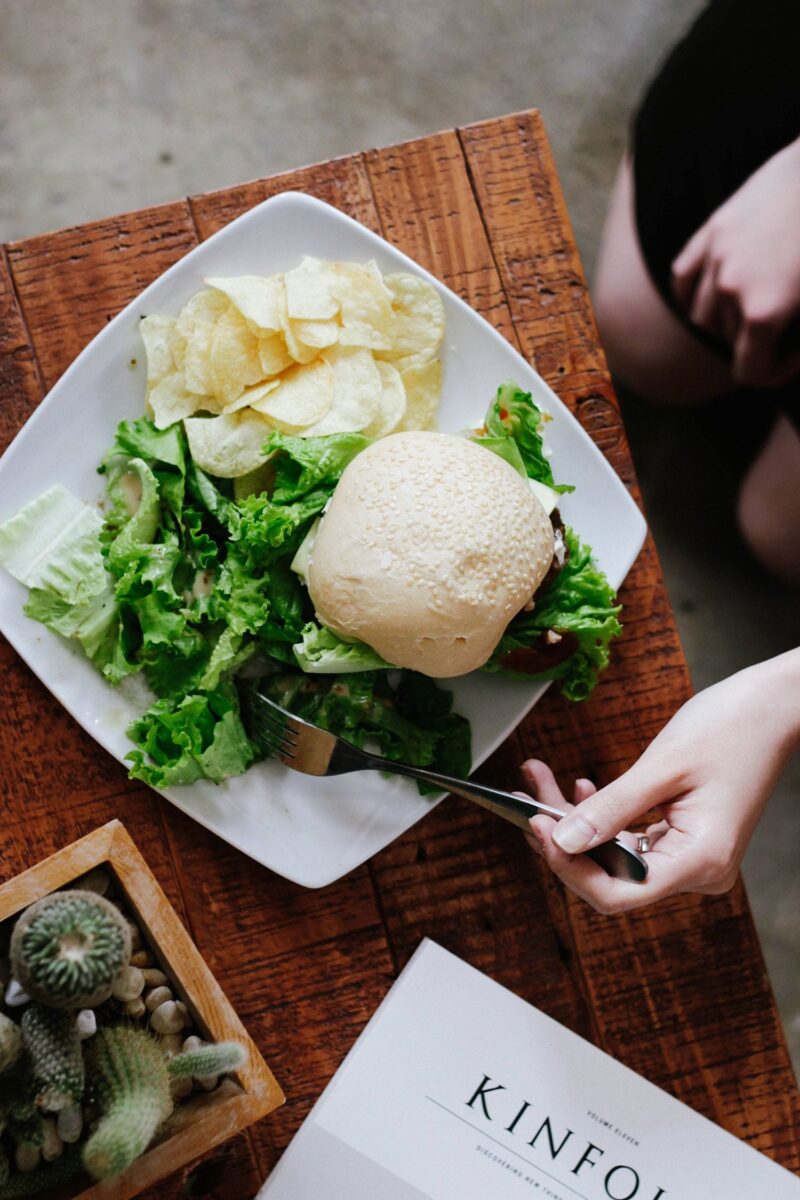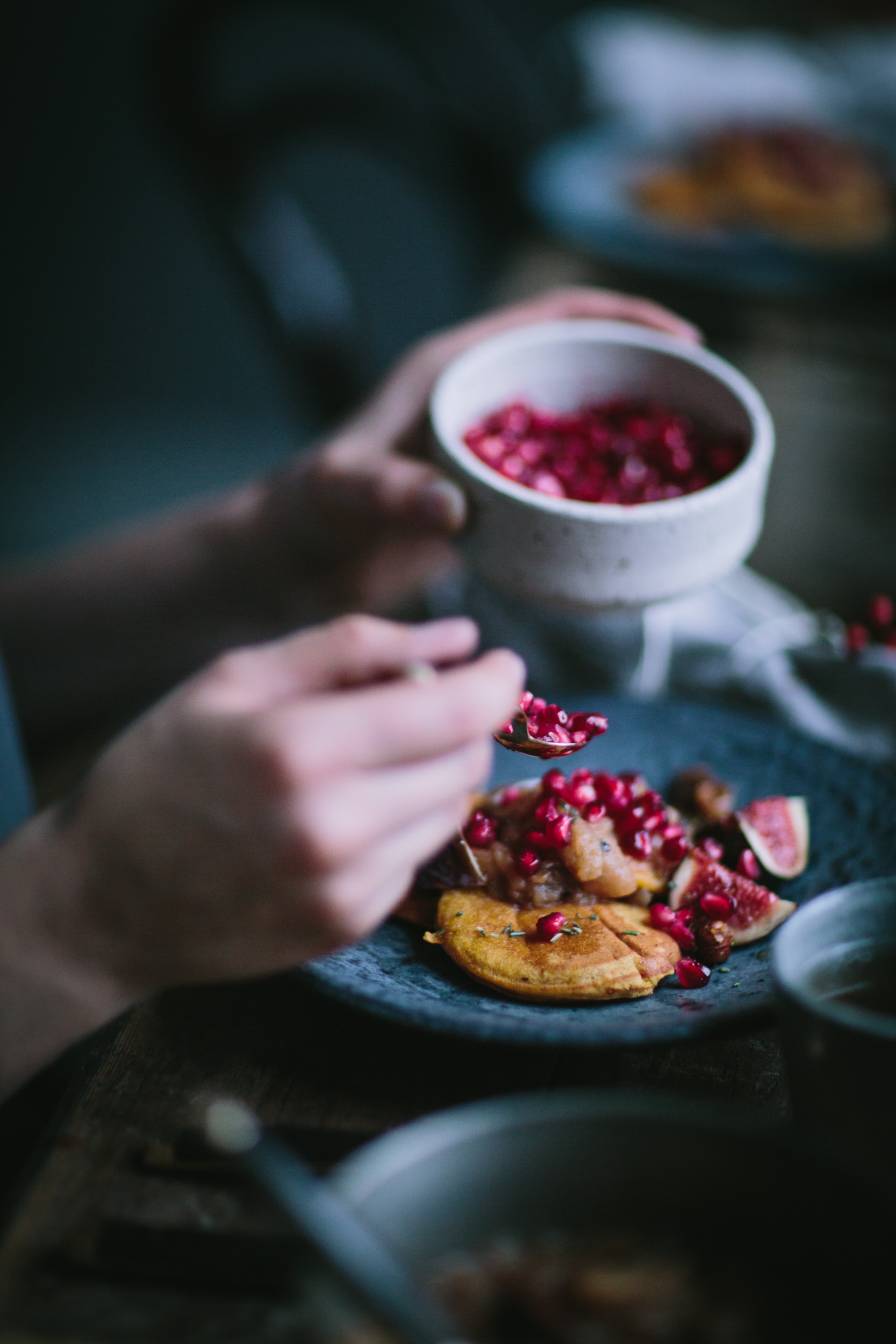There is inspiration in the art that enters into the production of a French dinner, in the perfect balance of every item from hors d’oeuvre to café noir, in the ways with seasoning that work miracles with left-overs and preserve the daily routine of three meals a day from the deadly monotony of the American régime, in the garnishings that glorify the most insignificant concoctions into objects of appetising beauty and in the sauces that elevate indifferent dishes into the realm of creations and enable a French cook to turn out a dinner fit for capricious young gods from what an American cook wastes in preparing one.
How to make pure food, better food and to economize on the cost of same is just now taxing the attention and ingenuity of domestic science teachers and food experts generally. The average cook is intensely interested in the result of these findings, and must keep in touch with them to keep up with the times and run her home in an intelligent and economical as well as healthful routine.
It is a wise plan to keep a variety of Summer Sausage on hand, as in a very few minutes delicious sandwiches may be prepared with this, these sandwiches having the charm of novelty. It is impossible to deal in a short article with the many varieties of Summer Sausage, but there are three or four which can be touched upon. To have a thorough understanding of their goodness one must not only read about them but taste them. They are the staple diet in many foreign countries and in the Armour brand the native flavoring has been done with remarkable faithfulness—so much so that large quantities are shipped from this country every week to the countries where they originated.
“Do all kitchen work in a certain order, using that routine which experience has proved best for you.”
The simple desserts are the best desserts, and none is more pleasing to the eye and the palate or so easily made or so frequently served in an imperfect manner, than custards.
With a supply of good eggs in the pantry the cook need never be at a loss for a tasty custard, and if she is wise enough to buy Armour’s Fancy Selects when she orders eggs from her market man their goodness will be reflected in her desserts. Aside from their goodness their extra large size will always recommend their use to the wise cook. They come packed in an extra large carton.
One will not find the delicatessen flourishing in France—one will not find it at all—and the fancy grocery, above mentioned, is another pitfall for the American housewife. She likes the sight of food done up in fancy containers, in glass, perhaps, and buys them, not realizing that she is paying a large price for perfectly unnecessary and totally unnourishing pretties.
If she is fearful of the handling some loose food stuffs may be subjected to in the stores, why does she not practice the most practical economy, go to the fountain-head of supplies in the city, the large market, and buy in quantity, so far as she can? A few ounces of bacon, already sliced, and sealed in a glass dish are, indeed, appetising even in their raw state, while a side of bacon is not, unless looked upon through the eyes of imagination, yet the latter method of purchasing this commodity is two or three hundred per cent cheaper, and when it arrives at the breakfast table it will be found every bit as appealing to a happy morning appetite.

To have a thorough understanding of their goodness one must not only read about them but taste them. They are the staple diet in many foreign countries and in the Armour brand the native flavoring has been done with remarkable faithfulness—so much so that large quantities are shipped from this country every week to the countries where they originated.
There is inspiration in the art that enters into the production of a French dinner, in the perfect balance of every item from hors d’oeuvre to café noir, in the ways with seasoning that work miracles with left-overs and preserve the daily routine of three meals a day from the deadly monotony of the American régime.


